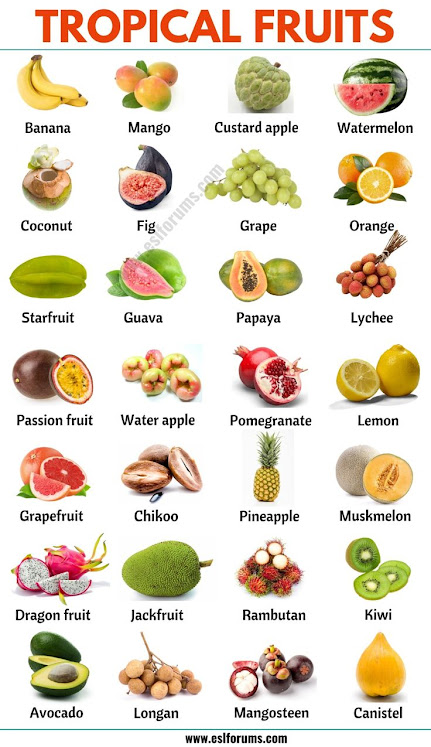Daily Aspirin: Healthy or Harmful?

In decades past, a daily low-dose aspirin regimen was frequently recommended as a primary prevention strategy against heart disease. However, the evidence in support of it was rather weak, and kept getting weaker as time went on. I stopped recommending daily “baby aspirin” use for the prevention of heart disease over two decades ago, due to the growing evidence of harmful side effects. The primary justification for a daily aspirin regimen has been that it inhibits prostaglandin production, 1 thereby decreasing your blood’s ability to form dangerous clots. However, in more recent years, most public health authorities have reversed their stance on the practice of using aspirin for primary prevention. ‘Baby’ Aspirin No Longer Recommended as Primary Prevention The U.S. Food and Drug Administration reversed its position on daily low-dose aspirin as primary prevention for heart disease in 2014, 2 citing clearly established side effects — including dangerous brain and stomach bleed...
